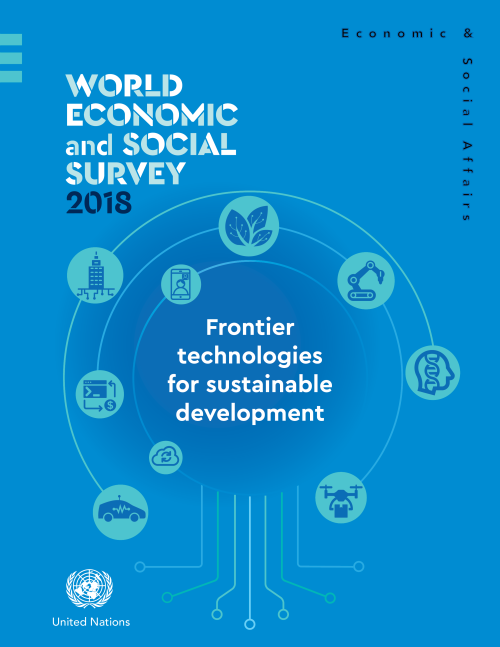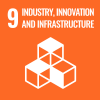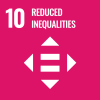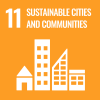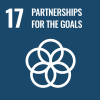New frontier technologies — everything from renewable energy technologies to biodegradable plastics, artificial intelligence and electric vehicles — hold immense potential to improve people’s lives and significantly accelerate efforts to achieve the Sustainable Development Goals and address climate change. But without appropriate policies, they can also drive greater inequality and increase social dislocations.
The World Economic and Social Survey 2018 produced by UN DESA found that renewable energy technologies and efficient energy storage systems are already enhancing environmental sustainability, allowing countries to “leapfrog” over existing technological solutions. New technologies have enhanced access to medicines and improved the wellbeing of the most vulnerable as mobile technologies and innovations in digital finance have made financial services accessible to millions in developing countries.
The Survey also found that while technological change has the potential to bring considerable benefits to people, the economy and the environment, when left unmanaged or mismanaged, new technologies will likely widen inequality within and between countries. Artificial intelligence, machine learning, and robotics automation, among other technologies, can enhance economic efficiency but at the same time create winners and losers.
UN Secretary-General António Guterres said that “Good health and longevity, prosperity for all and environmental sustainability are within our reach if we harness the full power of these innovations.”
“Clearly, we need policies that can ensure frontier technologies — which increasingly transcend sectoral, geographic and generational boundaries — are not only commercially viable but also equitable and ethical. This will require a rigorous, objective and transparent ongoing assessment, involving all stakeholders,” Mr. Guterres added, pointing to the concerns found in the Survey.
“There is great urgency in accelerating our efforts to address climate change and to advance progress on the Sustainable Development Goals,” said Under-Secretary-General for Economic and Social Affairs Liu Zhenmin, stressing that “New technologies can offer impactful solutions.”
“It is not a given that frontier technologies will make life better,” he continued, adding that “While they have the potential to deliver huge dividends, new technologies – if mismanaged – can have serious adverse effects on societies.”
The Survey found that while a country, a particular sector or an occupation may benefit from a new technology, others may gain little or even lose altogether as technological divides between and within countries are still significant and particularly acute in the area of rapidly advancing frontier technologies. Many developing countries are yet to fully utilize the technological breakthroughs of the past. Increasingly, innovations in frontier technologies are concentrated in a few firms and countries. Those who fall behind technologically will find it increasingly difficult to achieve equitable and sustainable development.
According to the Survey, countries can address many of the pitfalls presented by new technologies by adopting proactive and effective policies to minimize economic and social costs of adjustment. They need regulatory environment and institutional infrastructures to promote innovation, diffusion and use new technologies most needed for sustainable development.
The Survey contends that international cooperation is an imperative to facilitate technology transfers and national innovation, promoting greater flexibility of the intellectual property rights regime and harmonizing technology standards. It also must address the issue of growing market concentration in order to ease access to many frontier technologies.
According to the Survey, the UN can provide an objective assessment of the impact that emerging technologies have on sustainable development outcomes, including their effects on employment, wages and income distribution. This would enable Member States to steer the pace and sequence of technological breakthroughs towards sustainable development.
 Welcome to the United Nations
Welcome to the United Nations
